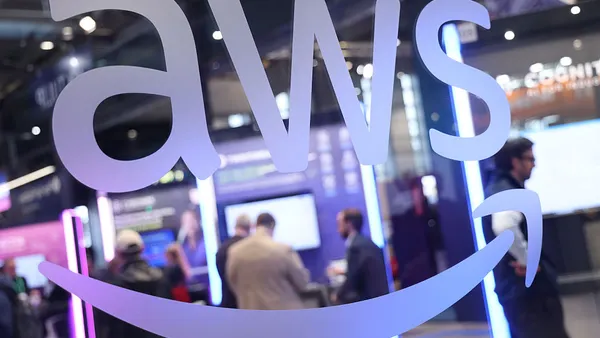Dive Brief:
- MIT researchers say a new microchip they developed could give smartphones and IoT devices deep-learning capabilities.
- The researchers unveiled "Eyeriss," the new chip, at the International Solid State Circuits Conference last week. The chip is reportedly 10 times more efficient than a mobile GPU.
- Researchers say the 168-core chip will allow smartphones and other mobile and embedded devices to run artificial intelligence algorithms locally.
Dive Insight:
Currently, data collected by mobile devices is uploaded to the Internet for processing, which causes delays and other challenges.
"Right now, the networks are pretty complex and are mostly run on high-power GPUs,” said Vivienne Sze, an assistant professor in MIT's Department of Electrical Engineering and Computer Science, in a report in MIT News. “You can imagine that if you can bring that functionality to your cell phone or embedded devices, you could still operate even if you don't have a WiFi connection."
The MIT researchers said the goal is to enable as much work as possible to be done locally on the device. Such capabilities could allow a company’s employees or customers to carry out a whole new range of tasks via their mobile phones, potentially improving efficiencies.
Companies like IBM, Google, Microsoft, Qualcomm and Apple having been investing heavily in AI research in recent months, working to capitalize on the rapidly emerging field of machine learning.













